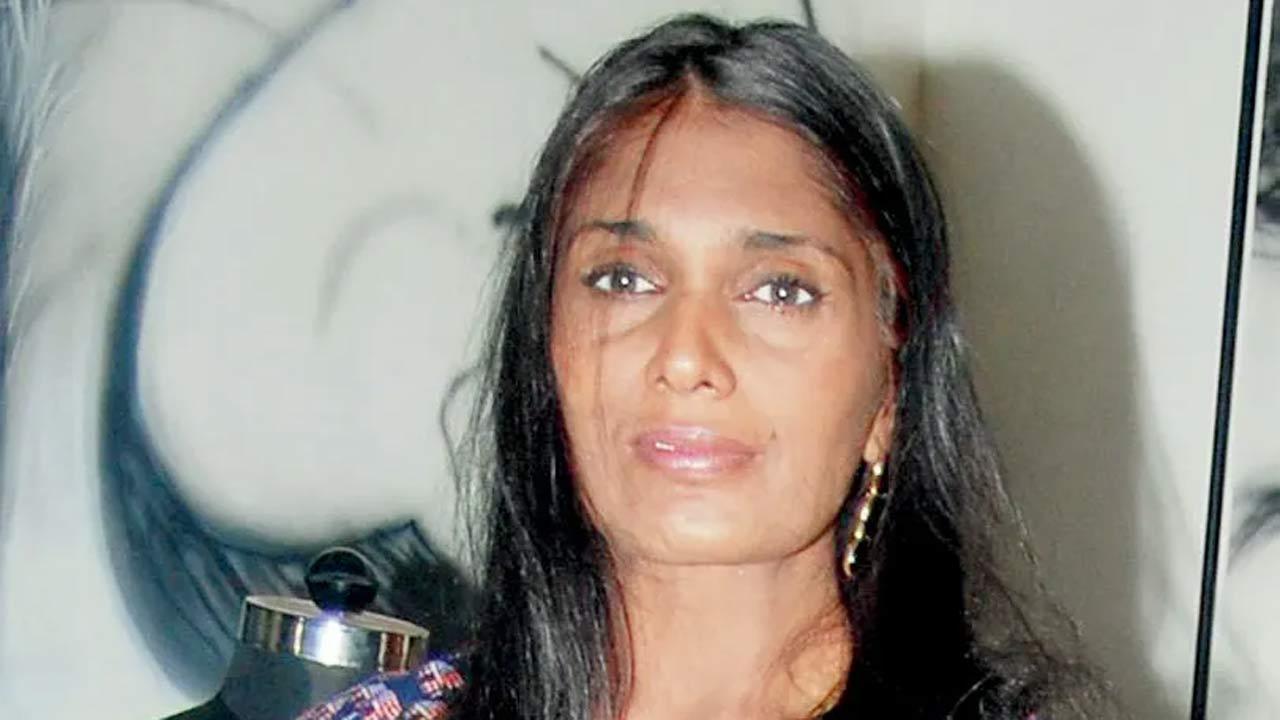
Anu Aggarwal, who became a sensation in the 1990s with her iconic roles in Bollywood, especially the musical romance “Aashiqui,” recently unveiled some lesser-known facets of her early career experiences. In a heartfelt conversation with Lehren shared on Instagram, Aggarwal opened up about a peculiar trend she noticed in the industry—directors and producers seeking her without even possessing a script.
Aggarwal, who also starred in “King Uncle” alongside industry veterans, reflected on her astonishment at repeatedly encountering filmmakers willing to invest money upfront without a concrete storyline. She expressed how she was taken aback by this practice. “I was shocked to see that people who didn’t have their scripts ready would come to sign me up for a film. They would have the money ready, and I would say, ‘I don’t want to sign with the money. I would like to hear the script,'” she recalled.
The actress reminisced about the rationale behind these approaches, explaining how filmmakers often assured her that the script would be created in due course. “They would say the script will be made so you can sign,” Aggarwal noted. She found it challenging as an actor who valued understanding her role and the storyline deeply. “This was the way, and because I am an actor, I would like to see what my role, story is. Everything is important. Nobody would have a script. Ninety-eight percent of people would not have a script,” she explained.
Aggarwal’s breakout role in Mahesh Bhatt’s “Aashiqui” catapulted her to stardom, earning her widespread acclaim. Her success was shared with Rahul Roy and Deepak Tijori, who also starred in the celebrated film. The movie’s soulful melodies, composed by the dynamic duo Nadeem–Shravan, became a cornerstone of Bollywood music history. The soundtrack was so revered that Planet Bollywood later ranked it fourth on their “100 Greatest Bollywood Soundtracks”. It was also the best-selling album of its time.
.
The enduring impact of “Aashiqui” was such that the film was adapted into Kannada as “Roja” in 2002. Further solidifying its legacy, a sequel, “Aashiqui 2”, emerged in 2013, directed by Mohit Suri and featuring a fresh cast comprising Aditya Roy Kapur and Shraddha Kapoor. The sequel, while possessing a different narrative, paid homage to its predecessor’s emotional and musical intensity.
Aggarwal’s career trajectory had other notable highlights next to “Aashiqui” and “King Uncle.” She demonstrated remarkable versatility across various genres. However, the recurrent issue of being approached without a script seemed to be a common thread. “It was perplexing and somewhat disheartening,” she commented, underscoring the importance of a solid script for any actor’s performance. Her insistence on having a script before signing onto projects illustrates her commitment to the craft of acting, prioritizing content and role depth over financial gain.
Aggarwal’s disclosures offer a glimpse into the less discussed, behind-the-scenes workings of Bollywood during her era. Her anecdotes underscore the changing norms and expectations within the industry. Filmmakers’ willingness to bet on her star power without the backing of a script could be seen as a testament to her immense popularity and bankability at the time. However, it also points to a broader industry trend of risk-taking much more dependent on star appeal than substantive storytelling.
Despite these challenges, Aggarwal’s enduring presence and the timeless appeal of her work continue to be celebrated. Aashiqui’s music and narrative remain embedded in Bollywood’s collective memory, showcasing how content, when finally put together, resonated deeply with audiences. Furthermore, the success of “Aashiqui 2” points to a legacy that attracts both old fans and a new generation.
In conclusion, Anu Aggarwal’s reflections provide valuable insights into the complexities of Bollywood’s operational dynamics in the 1990s. Her dedication to her art form serves as an inspiration, emphasizing the need for substantive creative processes behind every celebrated performance. As Bollywood continues to evolve, conversations like Aggarwal’s not only honor the past but also pave the way for more conscientious and transparent practices in the future.












